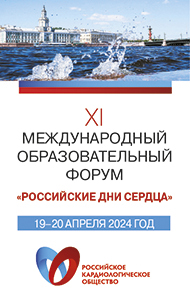Acute effects of smoking on QT dispersion in healthy males
Abstract
BACKGROUND: Cigarette smoking increases the risk of ventricular fibrillation and sudden cardiac death. QT dispersion (QTD) is an important predictor of cardiac arrhythmia. The aim of the present study was to assess the acute effect of smoking a single standard cigarette containing 1.7 mg nicotine on QT interval and QT dispersion in healthy smokers and nonsmokers.
METHODS: The study population consisted of 40 healthy male hospital staff including 20 smokers and 20 nonsmokers. They were asked to refrain from smoking at least 6 hours before attending the study. A 12-lead surface electrocardiogram (ECG), recorded at paper speed of 50 mm/s, was obtained from all participants before and 10 minutes after smoking of a single complete cigarette. QT interval, corrected QT interval, QT dispersion, and corrected QT dispersion were measured before and after smoking.
RESULTS: Smokers and nonsmokers did not have any significant differences in heart rate (before smoking = 67.35 ± 5.14 vs. 67.70 ± 5.07, after smoking = 76.70 ± 6.50 vs. 76.85 ± 6.50, respectively), QT interval (before smoking = 37.75 ± 7.16 vs. 39.15 ± 6.55, after smoking = 44.75 ± 11.97 vs. 45.50 ± 9.58, respectively), and corrected QT interval dispersion (QTcD) (before smoking = 39.85 ± 7.40 vs. 41.55 ± 6.57, after smoking = 50.70 ± 14.31 vs. 51.50 ± 11.71, respectively). However, after smoking a single cigarette, heart rate, mean QT dispersion, and corrected QT dispersion significantly increased (all had P value < 0.001) in comparison to the measures before smoking.
CONCLUSION: Smoking of a single complete cigarette in both smokers and nonsmokers results in significant QT dispersion increase, which can cause arrhythmia and sudden cardiac death.
Source: arya.mui.ac.ir


.jpg)



